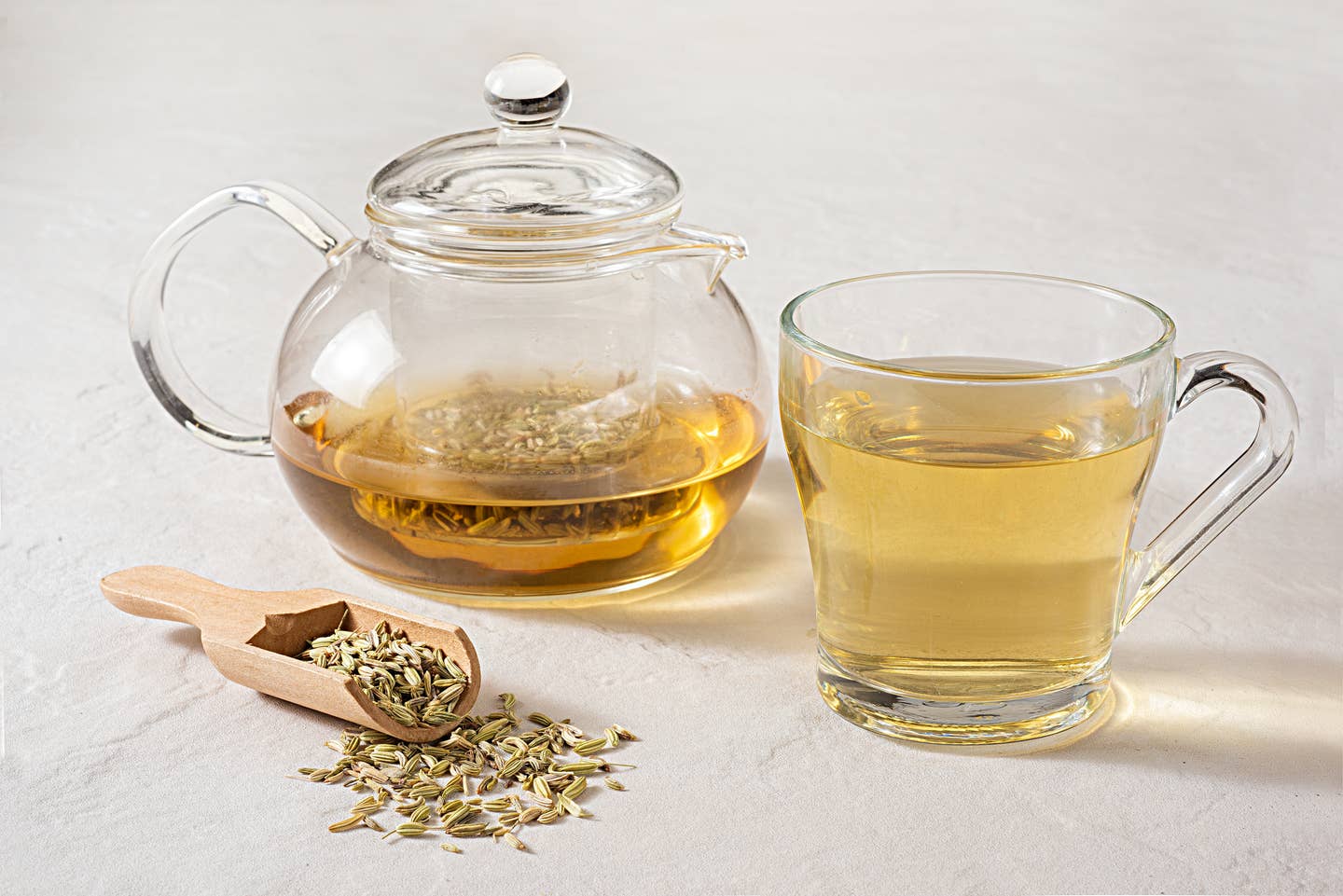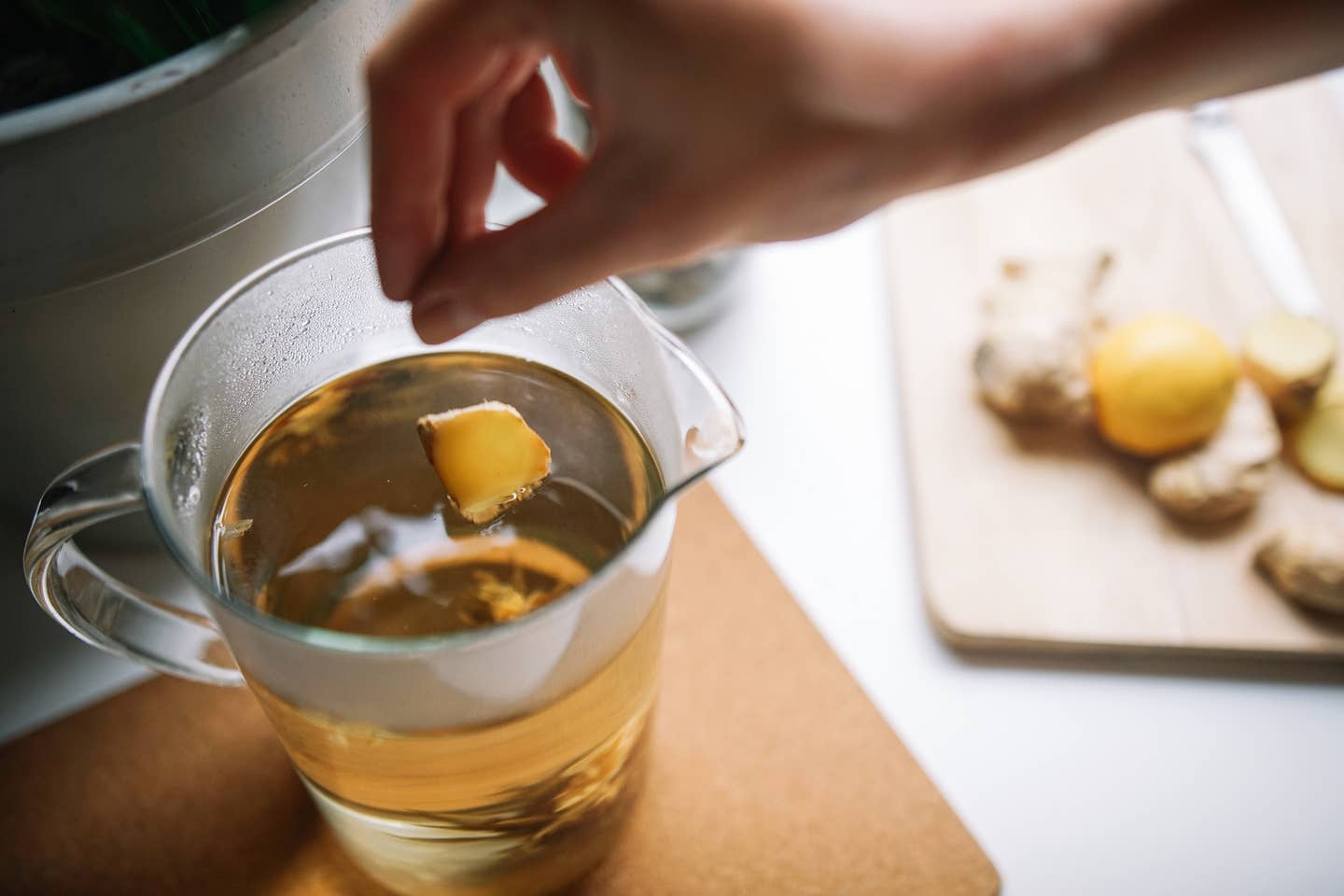
We’re Turning Two. Thanks to You for Helping Grow The Beet!
Two years ago, on October 17th, 2019, we turned on the lights to a website that was dedicated to helping anyone and everyone eat more plant-based. With little fanfare other than opening a bottle of champaign that had been chilling in the office fridge for some future occasion, The Beet was born.
Going plant-based for your health
We assumed that many people were turning to plant-based eating for their health. We assigned stories to health journalists, recipe developers and accredited experts who could help us help you go more plant-based and love it. We focused on the "why" of going plant-based with stories about dozens of studies that showed that eating fewer animal products can lower your risk of heart disease, obesity, and certain cancers (such as breast and prostate) while eating more fiber-filled plant-based foods such as vegetables, fruit, legumes, nuts, and seeds, as well as whole grains, can lower your blood sugar and keep your gut health optimal, which in turn helps keep you healthier, fuller and able to lose weight or maintain a healthy weight.
In all, since that day, nearly 18 million people have crossed through our doors, virtually speaking, to partake in the offerings of easy, delicious vegan recipes, Health & Nutrition News, plant-based product reviews, and to find out where to eat in their neighborhood, on our "Find Vegan Near Me" page. We have also garnered many views for our Lifestyle & Culture updates such as how Adele lost 100 pounds on a mostly plant-based diet, and Billie Eilish's devotion to animal rights and helping reduce waste at her concerts, as well as the latest plant-based investments by Leonardo, Oprah, Natalie, Ellen, Venus, Ashton, and others.
We began with a slate of stories on How to Go Plant-Based – Your 28-Day Guide, and we signed up RDs, doctors, and others to our advisory board to help you eat more plants and understand what it meant to choose this path to a healthier lifestyle, which is shown to improve your chances of never getting heart disease or dying from all causes, according to studies.
Going plant-based for the planet
We also knew that the climate impact of raising animals for food, versus harvesting plants for consumption, is a dramatic difference when it comes to the number of natural resources required. (In the months since, the UN issued a Code Red for the planet that urged all first-world nations to eat less meat and more plant-based foods, for our survival.)
The second-largest, and fastest-growing segment of consumers eating more plant-based are doing it for the planet. They would be right as well: By some estimates, our animal agricultural system is responsible for an equal amount of emission as the entire transportation sector combined, including trains, planes, and automobiles (as well as shipping).
Meanwhile, skipping just one animal meal a day (and eating plant-based instead) for a year saves the same amount of carbon released into the atmosphere as driving across the country from New York to LA. Go plant-based two meals a day and you could drive back. Three plant-based meals a day and you can save 10,000 miles worth of emissions a year, every year, for the rest of your life.
Choosing to give up meat and dairy isn't just great for your health, it's also exponentially more beneficial to our climate and the planet when you tally up the cost (in resources) of growing our food.
And we haven't even gotten to those who are doing it for animal welfare. Market research tells us that while most people eating plant-based are doing it for their health, and the second biggest motivation is the planet and climate impact, a reason that is gaining momenetum. but those who are the most unwavering about their plant-based resolve to ditch all animal products are doing it for the sake of animal welfare. And once you learn the ways that farming is conducted in this country, it's hard not to do it for every reason.
The Beet Goes On. And Then the World Changed.
What we couldn't know back in October of 2019 and what no one could tell us even by that New Year's 2020, was that the world was about to change. All our usual routines were about to be upended, and the way we think about health and wellbeing was going to come, literally, under fire.
The pandemic that would sweep onto our shores and across the country in the ensuing months was to change not only how we saw our own health and responsibility to try to activate our immune systems –through diet and better sleep, by social distancing and wearing masks, and by questioning where our food came from – but the pandemic would also make consumers that much more aware of the way we are all connected: Humans and animals, our planet and our consumer habits and behavior. During the panic buying spree, the sales of plant-based foods grew 35 percent faster than other food, and the trend has continued.
In the months since the pandemic halted our normal work routines, changed our social interactions, made the world take notice of things like "viral load," and "antibodies, antigens, immune system response" all became daily household terms than we ever anticipated would become part of the lexicon, the way we think about our food and what it does for us (or to us) has also shifted.
Now, more than 54 percent of Millennials consider themselves flexitarian, which means that while they may still eat meat occasionally, they are more focused on a plant-based or plant-leaning approach to diet. They've largely replaced dairy milk with oat or almond and are slowly but surely getting rid of the animal products, in favor of plant-based alternatives.
Sales of plant-based foods have surged by 35 percent since the pandemic, and remain high, even after the majority of Americans have had an injection of one of three vaccines, and the rate of new cases is on the decline.
Plant-based eating to slow and lessen the symptoms of COVID
No less than three separate studies have indicated that eating plant-based can help reduce the severity of COVID-19 symptoms, and while that may not be the same as a free pass from ever getting sick, as long as there is something we can do to bolster up our immune system and speed our response to infection – that is worth trying. COVID, in all its many forms, may never leave us entirely alone, since there appear to be new strains on the horizon threatening to ignite and spread like wildfire, the way past variants have.
But as long as humans have a role to play in their health, now and in the future, eating plant-based – and specifically a whole-food, plant-based diet full of vegetables and fruit, nuts and seeds, legumes, and leafy greens, and staying away from processed junk food, can help us stave off disease and live longer. We can feel more energetic, and experience joy-filled lives, well into our future decades. If that's the goal, then we have a choice to make.
Plant-based is the healthier choice
The Beet wants to help you make the choice to be more plant-based and love it. To that end, we are adding Guest Chef columns including Derek Sarno, Matthew Kenney, Mark Bittman, Chef AJ, and upcoming new ones to be announced in the coming weeks (we are super excited by these thought-leaders joining The Beet as columnists and regular contributors). We want to focus not only on the "why" but the "how" to go plant-based and bring you gorgeous recipes and delectable food and restaurant choices as well as health-focused content and ways to keep you motivated to stay on track.
So... thank you for helping us through our toddler years. We are off and running. Let's continue the journey together. One last thing: It means a lot that you are here. We appreciate you!
Want to start your 7 Day Beginner's Guide to Going Plant-Based? Sign up and get everything you need – recipes, tips, shopping lists, motivation, and more –delivered to your inbox daily.
More From The Beet






